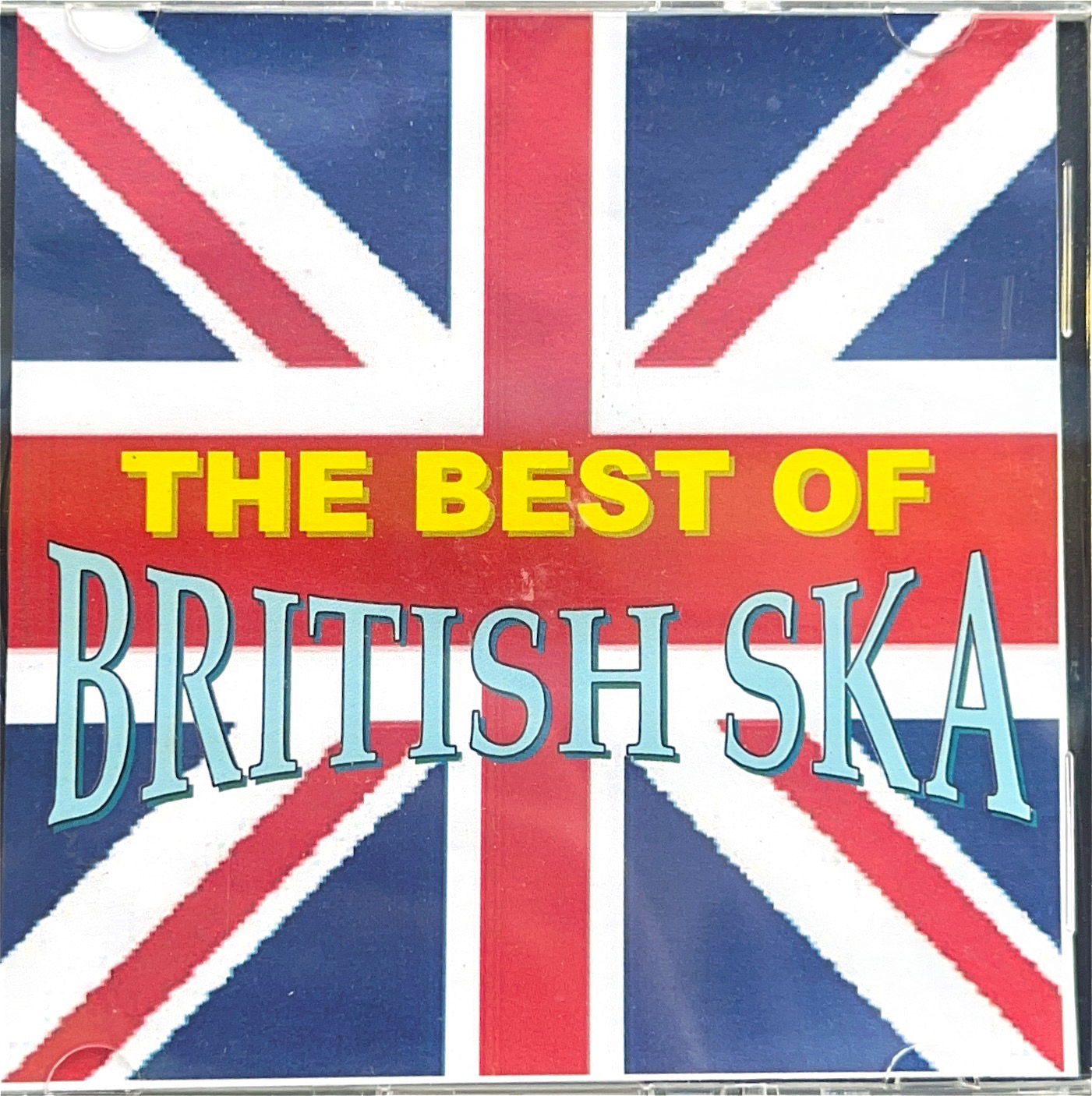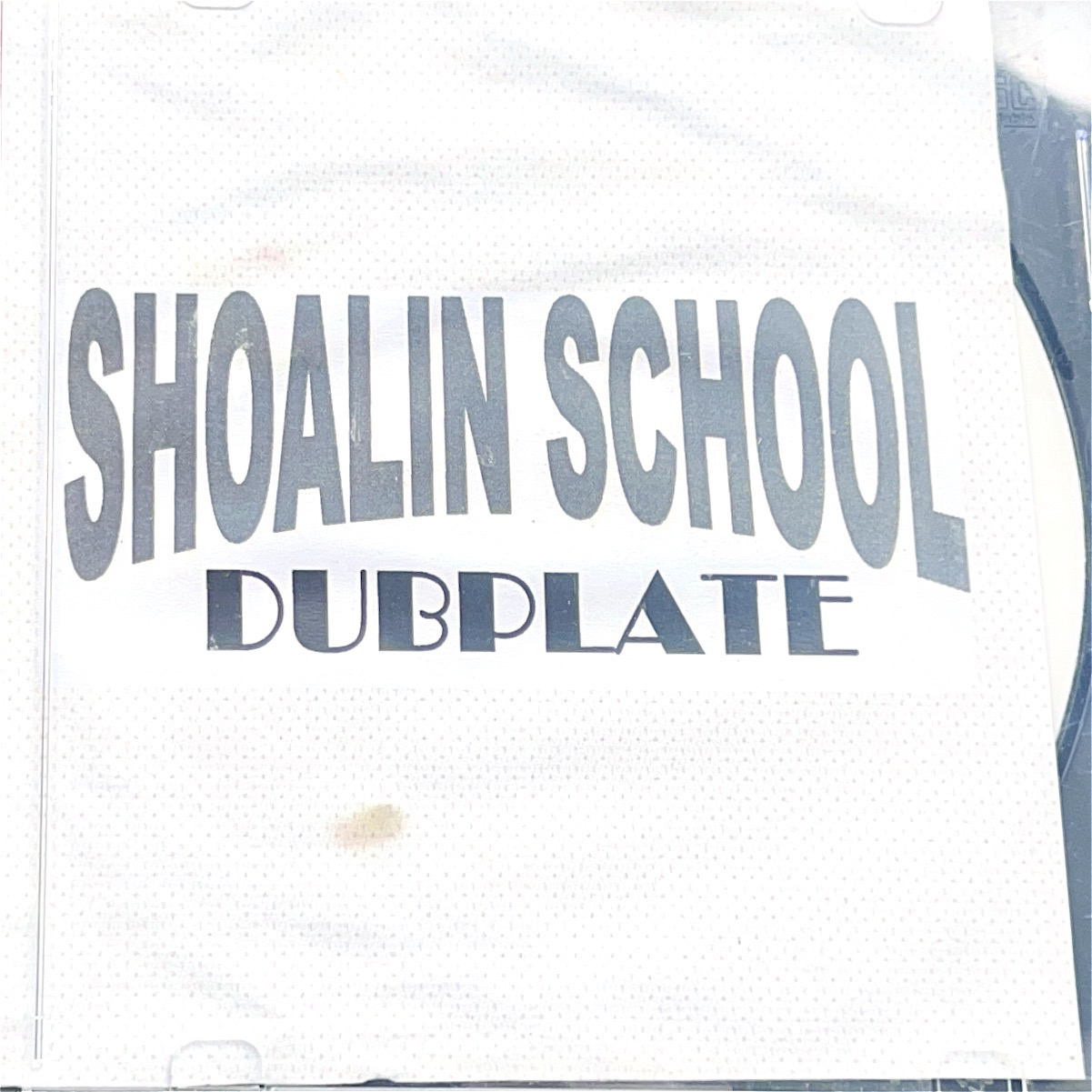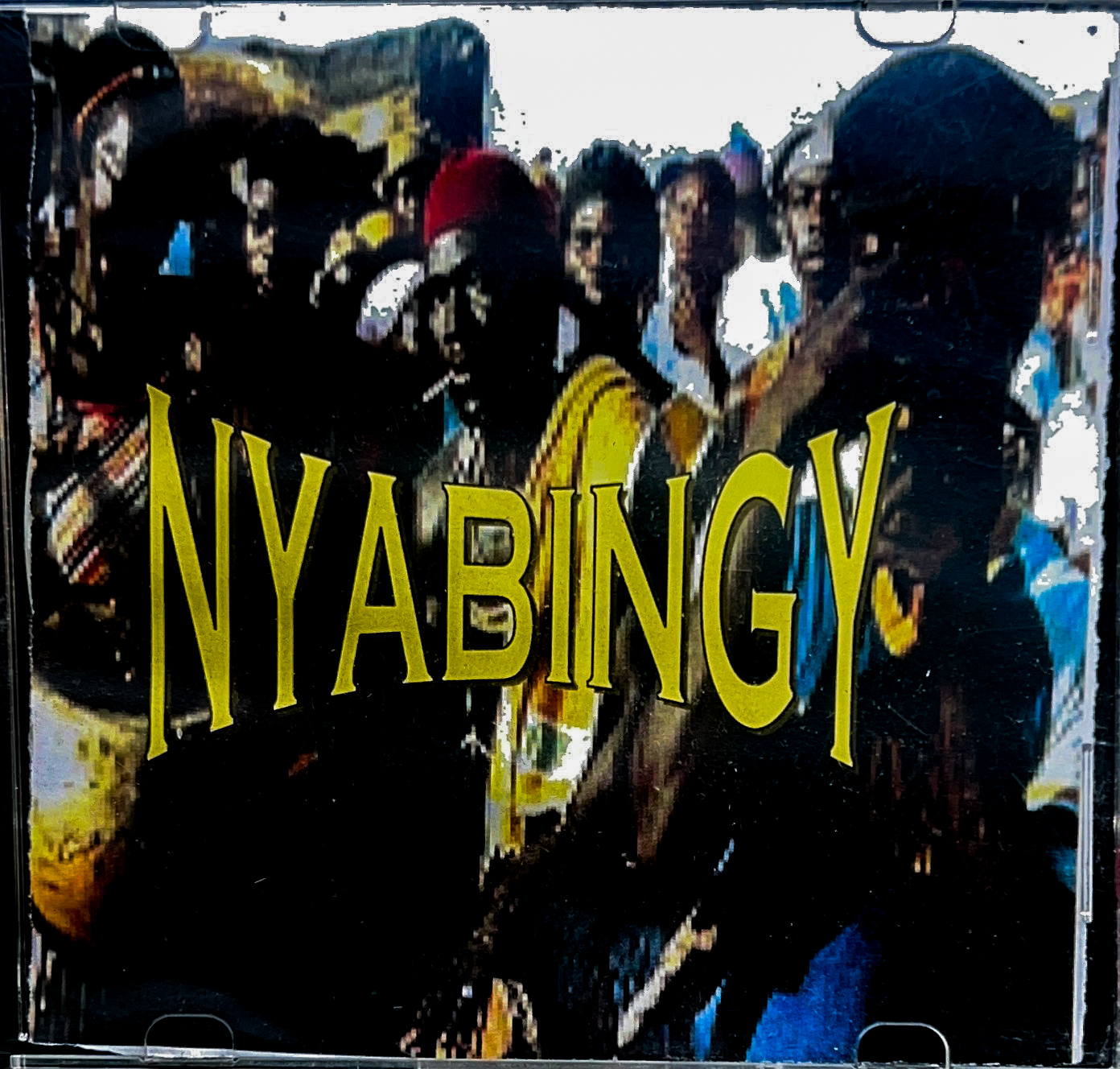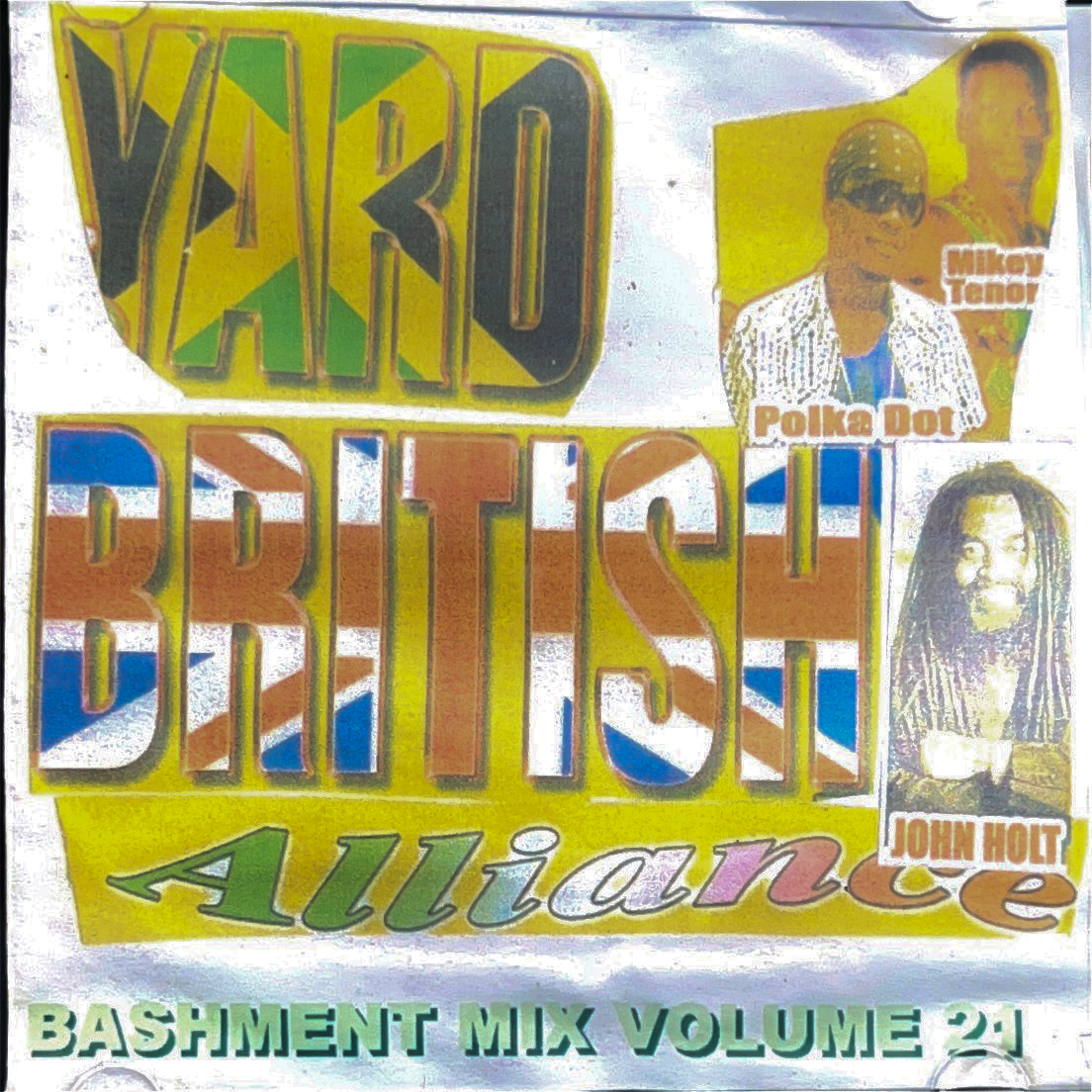Various Scans from Bootlegged CD’s and Dubplates, found in record stores across England.
In the context of the music industry, "bootleg" is considered a contentious term. Bootlegs exist in conjunction with consumerism and the replication of various forms of media, including fashion, film, and music, which are highly sought-after materials distributed to the masses at more affordable prices. However, this affordability comes at the expense of ethical and distribution issues.
![]()
Within the realm of fashion, the cost of bootlegging can result in egregious instances of exploitation. While movie piracy poses fewer human rights concerns, within the music industry, bootlegging has evolved into a justifiable art form, forming its own category. Compilations of poorly recorded audios burned onto a single disc present songs within a new framework, often producing unique moments of distortion. The overlapping media, mastered at different rates and sampled onto different instruments, creates a singular moment exempt from recreation.
![]()
Music must choose to embrace these moments of distortion; it is intrinsic to the creation of music to welcome new and unorthodox methods. Hip hop and dub are products of this, reproducing melodies and rhythms cut from existing recordings, producing many celebrated songs today.
Dubplates, a medium of bootlegged material, come from unofficial recordings, including unreleased versions or advance copies. Dubplates circulate for a short period, printed on acetate with limited longevity due to the constraints of playability. These plates act as a time-based medium, expanding their value after repeated plays. Over the years, much material has been lost due to the de-circulation of working dubplates.
In reggae, dancehall, and dub, dubplates are integral to sound system culture, serving as exclusive tools for sound clashes where systems compete to showcase their skills. This temporal value in music allows control over how many times it is heard and who has access to it.
Bootlegs share this temporal quality, often appearing as homemade copies burned onto blank CDs and housed in jewel cases with laser-printed collages. They emulate the limited materials involved in the creation process. Bootlegs also act as a footnote to artists with unreleased or unheard live recordings, providing an alternate collection of music to those who cannot experience events firsthand or afford official releases.
In the context of the music industry, "bootleg" is considered a contentious term. Bootlegs exist in conjunction with consumerism and the replication of various forms of media, including fashion, film, and music, which are highly sought-after materials distributed to the masses at more affordable prices. However, this affordability comes at the expense of ethical and distribution issues.

Within the realm of fashion, the cost of bootlegging can result in egregious instances of exploitation. While movie piracy poses fewer human rights concerns, within the music industry, bootlegging has evolved into a justifiable art form, forming its own category. Compilations of poorly recorded audios burned onto a single disc present songs within a new framework, often producing unique moments of distortion. The overlapping media, mastered at different rates and sampled onto different instruments, creates a singular moment exempt from recreation.

Music must choose to embrace these moments of distortion; it is intrinsic to the creation of music to welcome new and unorthodox methods. Hip hop and dub are products of this, reproducing melodies and rhythms cut from existing recordings, producing many celebrated songs today.
Dubplates, a medium of bootlegged material, come from unofficial recordings, including unreleased versions or advance copies. Dubplates circulate for a short period, printed on acetate with limited longevity due to the constraints of playability. These plates act as a time-based medium, expanding their value after repeated plays. Over the years, much material has been lost due to the de-circulation of working dubplates.
In reggae, dancehall, and dub, dubplates are integral to sound system culture, serving as exclusive tools for sound clashes where systems compete to showcase their skills. This temporal value in music allows control over how many times it is heard and who has access to it.
Bootlegs share this temporal quality, often appearing as homemade copies burned onto blank CDs and housed in jewel cases with laser-printed collages. They emulate the limited materials involved in the creation process. Bootlegs also act as a footnote to artists with unreleased or unheard live recordings, providing an alternate collection of music to those who cannot experience events firsthand or afford official releases.










